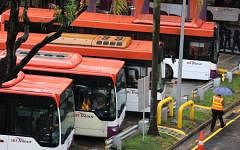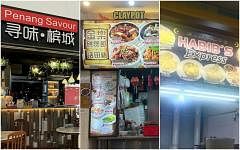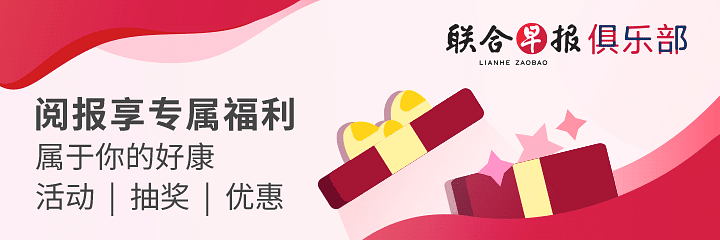WUHAN, BLOOMBERG -- U.K. Prime Minister Theresa May arrived in China seeking to balance her desire to build a powerful post-Brexit trade relationship with a clutch of political concerns.
At the start of a three-day trade mission to the country, May said she would raise the sensitive topics of China’s human rights record and Hong Kong democracy in talks with President Xi Jinping and Premier Li Keqiang. Her reluctance to formally endorse Xi’s global Belt and Road trade-and-infrastructure initiative also risks impeding her pursuit of more robust ties.
“China is a country that we want to do a trade deal with,” May told reporters on board her flight from London to Wuhan, which landed on Wednesday. The nature of the relationship between the two countries means she can still discuss “those issues” of concern, she said. “I will be raising both human rights and the issue of Hong Kong.”
May’s business mission to China is meant to demonstrate her government’s intent to forge a global trade policy after leaving the European Union next year. While the U.K. can’t sign any deals outside the EU until it leaves the bloc -- and would be unable to implement them until at least 2021 -- she’s hoping to strike now, while Xi works to establish himself as a leading defender of globalization.
May’s delegation -- which includes 50 business leaders, Trade Secretary Liam Fox, a clutch of officials and her husband -- are optimistic about progress toward formal trade talks.
“A number of the businesses here are looking to confirm some deals in China which will be good for the U.K. economy,” May said. “There’s more that we can be doing in the interim, right now, in terms of looking at potential barriers to trade and the opening up of markets.”
Asked why she wouldn’t formally join the Belt and Road Initiative, May struck a diplomatic tone, saying the plan had the “potential to be a hugely significant investment and to have a huge, significant impact.”
Then, she added a caveat: “What I would like to see is ensuring that we have transparency and international standards being adhered to -- and I will be discussing that with my Chinese interlocutors,” she said.
There were more cautionary words on China’s human rights record and concerns over democracy in the former British colony of Hong Kong, which the U.K. returned in 1997 on a promise to maintain the city’s “high-degree of autonomy” for 50 years. On Monday, the European Union warned that Hong Kong risked diminishing its “international reputation as a free and open society” after banning a pro-democracy activist from running for the city’s legislature.
“We believe that the future of Hong Kong, that ‘one country, two systems’ future is important,” May said. “We are committed to that. I’ve raised this in the past with President Xi, and he’s shown commitment to that. And I will continue to raise it.”





